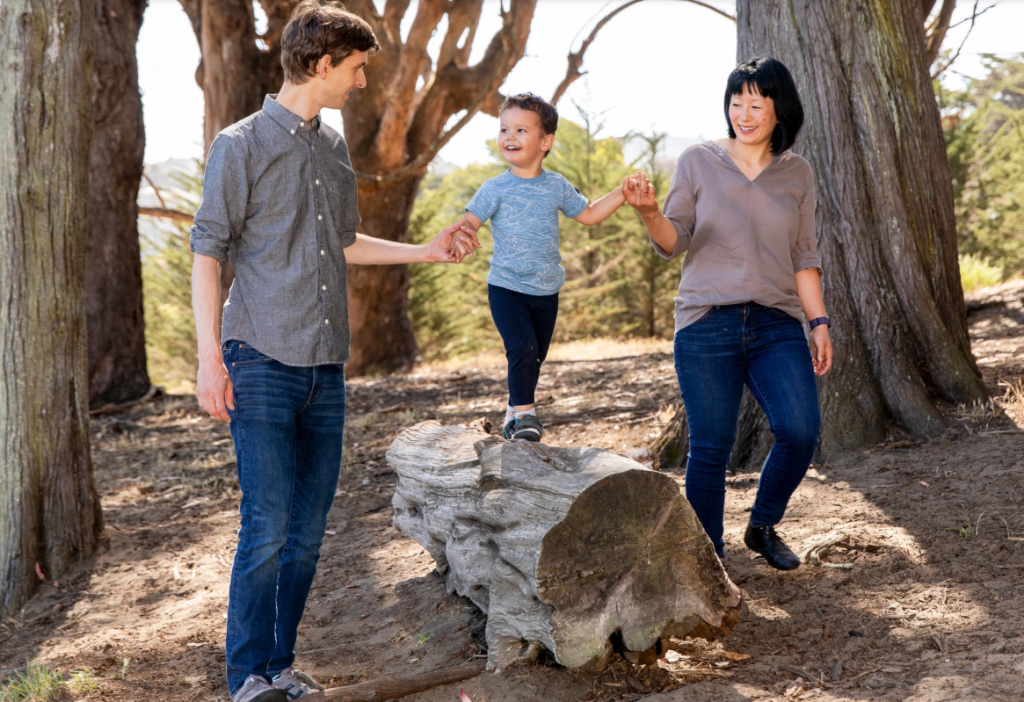
Christy Kian’s phone rang in early March when the number of COVID-19 cases had just started climbing.
The parent of two students whom Kian had taught at a Broward County private school wasn’t satisfied with distance learning. Anticipating that brick-and-mortar schools might not be able to reopen safely in the fall, the parent was curious: Would Kian consider teaching the family’s two elementary-age children at their home?
“I was sort of shocked,” said Kian. “I happened to love the family and happened to love the children. I said okay, let’s think about this and how we should move forward.”
A month later, another family whose children Kian had taught called with the same request. And so, in August, Kian will begin spending three hours a day teaching four children from the two families – for pay.
A phenomenon the veteran educator had never heard of when she got those calls – pandemic pods – suddenly has blossomed into a trend that is reshaping public education on a national scale. As uncertainty about reopening school campuses continues to rise, these pods are arrangements where families or groups of families band together to provide education and socialization for their children.
The trend started in California in response to that state’s reopening guidelines that restrict schools in about 80% of counties to online education only this fall. Some are looking to form microschools, which typically serve fewer than 10 students.
The Washington Post called pandemic pods “the 2020 version of the one-room schoolhouse, privately funded.” Experts say they’re a fascinating example of a grassroots response to a crisis.
“Parents are saying no matter what the options are that are offered, that they are going to be the final decisionmakers in all of this,” said Annette Anderson, deputy director of the Center for Safe and Healthy Schools at Johns Hopkins University’s School of Education. “Parents are not being swayed by mandates about who and how students should go back. Parents have put themselves in the driver’s seat.”
Lian Chikako Chang, who runs a data-focused parenting blog, Littldata, created the private Facebook page Pandemic Pods and Microschools after noticing behavioral changes in her 3-year-old during the pandemic and began seeking ways to form a bond with other families.
The group now has 13,600 members and helps connect families from nearby areas who want to form a pod. It also helps match families with teachers who are seeking to work with pods. Details such as pay rates, schedules and rules for those in the pods are left to the individual groups to work out.
Some families want teachers to handle the job like they would in a traditional class. (Kian will be taking attendance, choosing curriculum and providing all instruction and assessments.) Others just want an in-person teacher to supplement their school’s virtual instruction.
Chapters are forming across the United States, though no Florida Facebook pages exist on the national page. Still, a few Floridians have expressed interest in forming a pod or teaching for one.
One woman from Pensacola said she was looking for a teacher to homeschool one third-grader and up to three sixth-graders. A Florida teacher said she was exploring the option and planned to charge at least $20 per hour for tutoring. Others were charging $50 per hour per child or higher, with some looking to equal the salaries they made at their schools.
Kian, the Broward County teacher, said she will earn more to teach four children than she did at her former teaching job.
“Ideally, I’d like to see children back in school,” Kian said. “I don’t think of this as my long-term career; this is something that fell in my lap, where I can help a couple of families get by until it’s abated.”
Critics point out that pandemic pods exacerbate inequities already exposed by distance learning necessitated by the pandemic. Meanwhile, public policy experts have observed that “podding” is reinforcing the adage that the market always finds a way.
In the words of Lindsey Burke, director for the Center for Education Policy at the Heritage Foundation: “It’s time for policy to catch up with families.”


